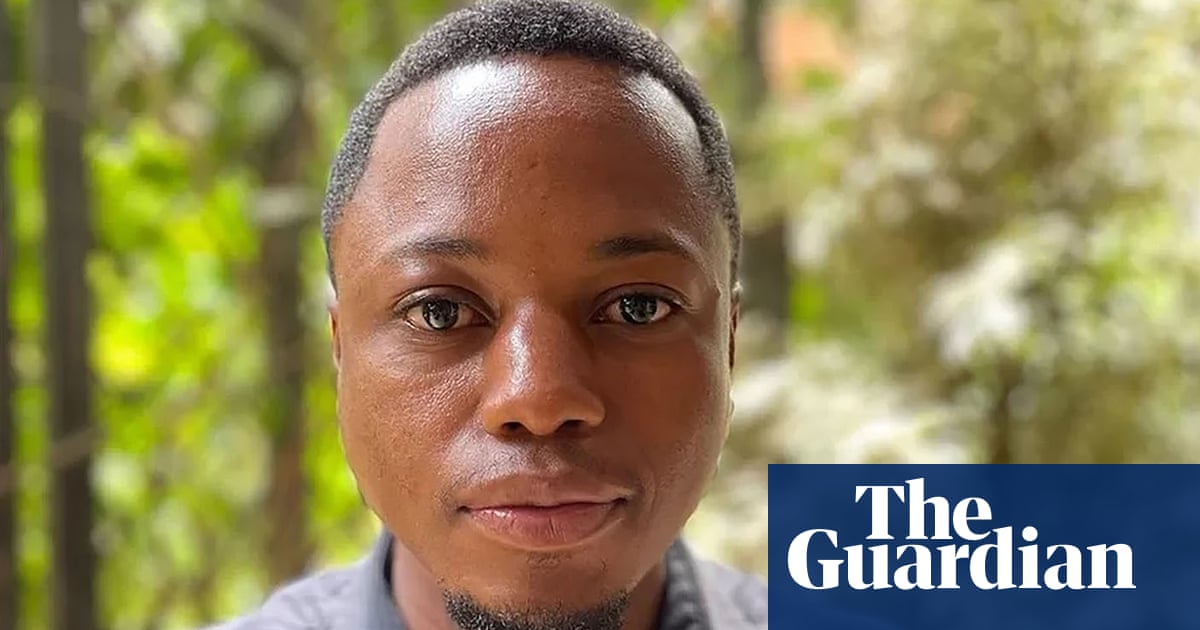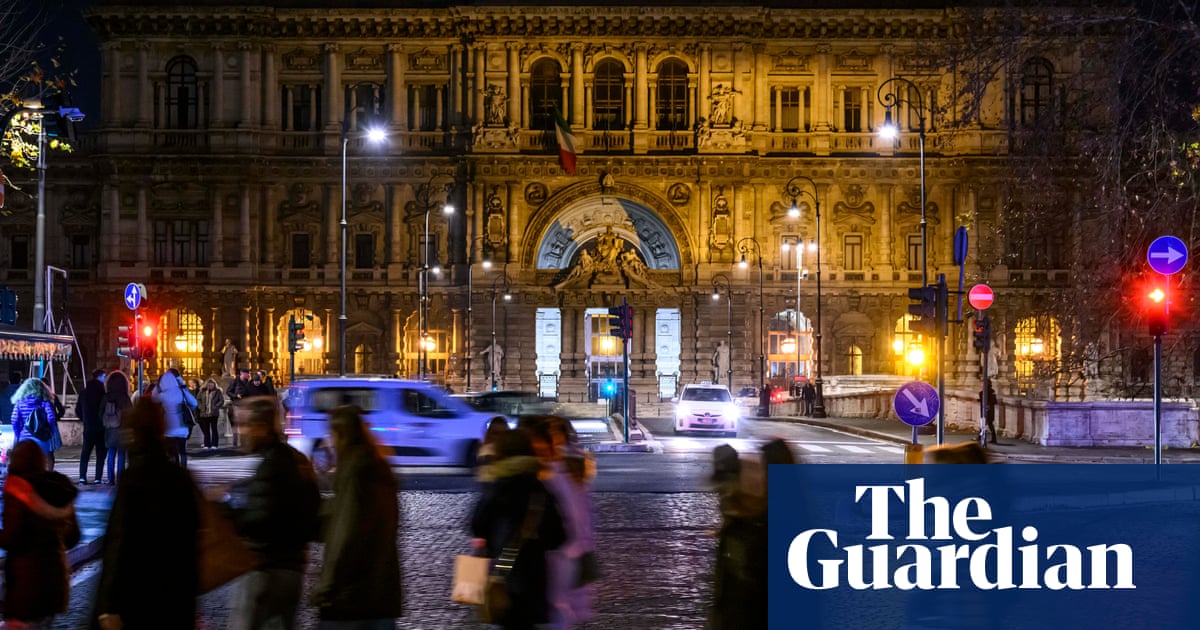
When Timon Ncube, 61, was refused emergency accommodation by Brighton and Hove city council in September, he was forced to live on the streets.
The UK was on the verge of its second wave of the pandemic, but the council did not house Ncube, a refused asylum seeker from Zimbabwe who came to the UK fleeing persecution, as his immigration status meant he had no recourse to public funds.
Ncube said of that time: “There were rumours that the pandemic was getting worse. It was very scary. Living on the streets is dangerous. You are exposed. There’s no dignity. One time I was sleeping in the bus stop and I woke up to people waiting for the bus. It’s very embarrassing.”
Ncube, who has diabetes and poor eyesight, was referred by Voices in Exile, an organisation in Brighton supporting refugees, asylum seekers and those with no recourse to public funds, to Lawstop solicitors who took on his case.
Now he is behind a landmark decision by the high court which ruled that councils can provide emergency housing during the pandemic to homeless people who would not normally be eligible for support.
“It’s a step in the right direction,” said Ncube, now in Home Office accommodation in Swindon.
During the weeks he was sleeping rough, Ncube spent much of his time in the railway station then walked the streets at night when it closed. Once he woke up wet because someone had urinated on him. There were times he contemplated suicide. “For someone not to kill themselves in my situation is a miracle,” he said. “The temptation is there. You think, ‘What do I do now?’ You are nothing.”
Councillor Siriol Hugh-Jones, joint chair of Brighton and Hove city council’s housing committee, said: “This case highlights the difficult position of councils that want to ensure people are protected regardless of their asylum status. In the absence of government guidance, we welcome the identification by the court of the additional, albeit limited, powers councils have to help people with no recourse to public funds and not entitled to support from other agencies where there is a danger to life.”
According to Jo Underwood, a solicitor at homeless charity Shelter who was also involved in the case, many housing lawyers and charities have been approached by people in similar situations throughout the pandemic.
She said some had been deterred from asking for help. For example, mothers with children who had escaped trafficking and were living in squalid shared accommodation were told that their children could be housed, but not them. There have been cases of people sleeping in car parks, she added.
The “everyone in” policy aimed to get everyone living on the streets into accommodation during the first lockdown in March last year when people were at risk of catching and spreading Covid. It was announced in May that the scheme would end but that funding to help homeless people would continue. Underwood said: “Most local authorities made huge efforts, especially during the harsh winter months, but we definitely saw people being left outside who either hadn’t sought help or who had asked for it and been turned away.”
The future for people such as Ncube, who have no recourse to public funds, remains uncertain. It is not known how long the emergency measures dictating that local authorities can house people who are not usually entitled to support will last.
According to Shelter, numbers of homeless people are expected to rise when the eviction ban ends in May. Hundreds of thousands of people are already in rent arrears in the UK. Underwood said: “It’s really key that the government plans for the next six months on homelessness and makes sure local authorities are adequately funded. Lifting no recourse to public funds would make a huge difference.”
Ncube said he cannot go back to Zimbabwe so may have to return to the streets when the emergency measures end. He is planning to submit another asylum claim.
He said: “Just give me [somewhere to live]. It’s the right thing to do. I’m human but I’m not considered as human. It’s as if I don’t exist.”












